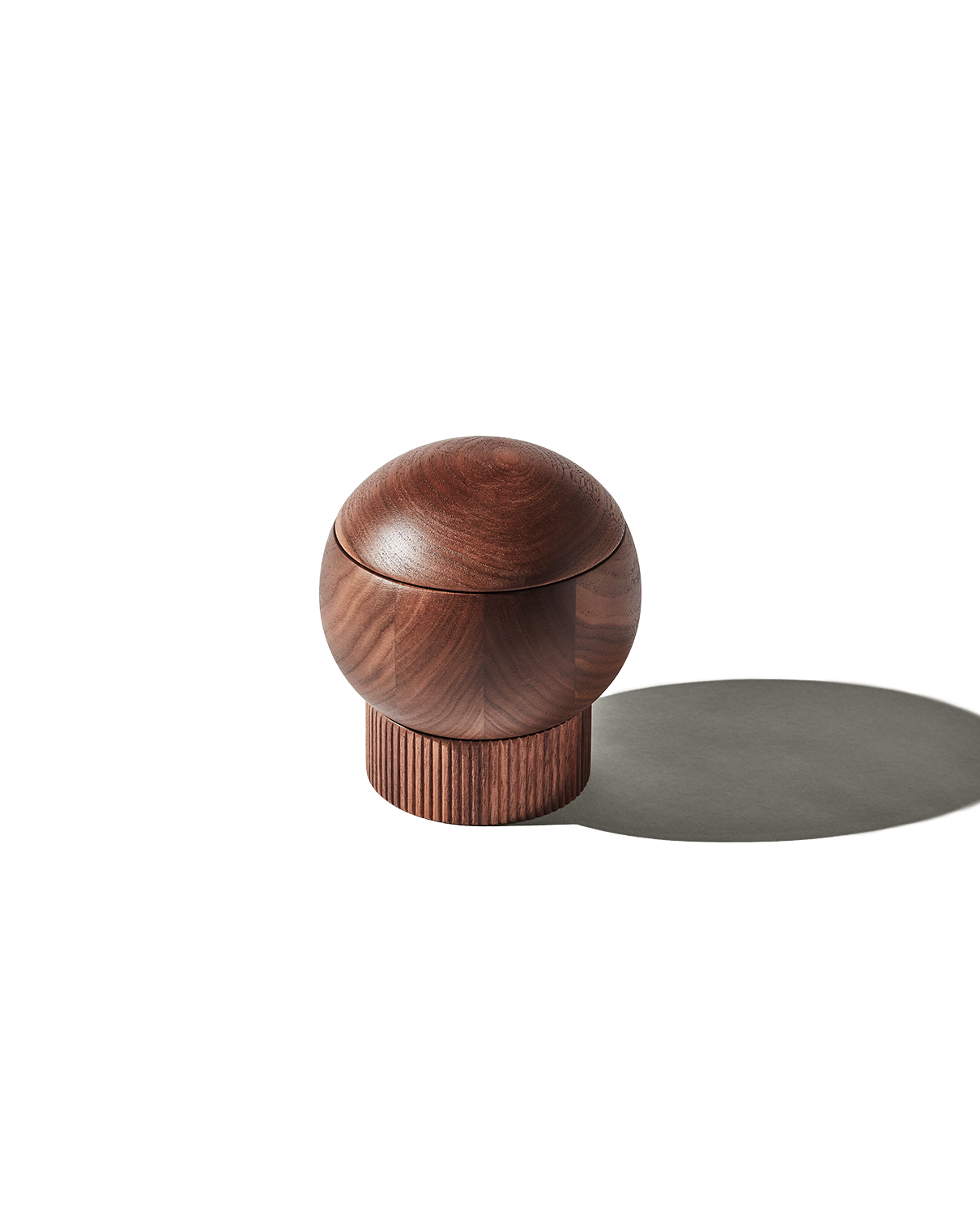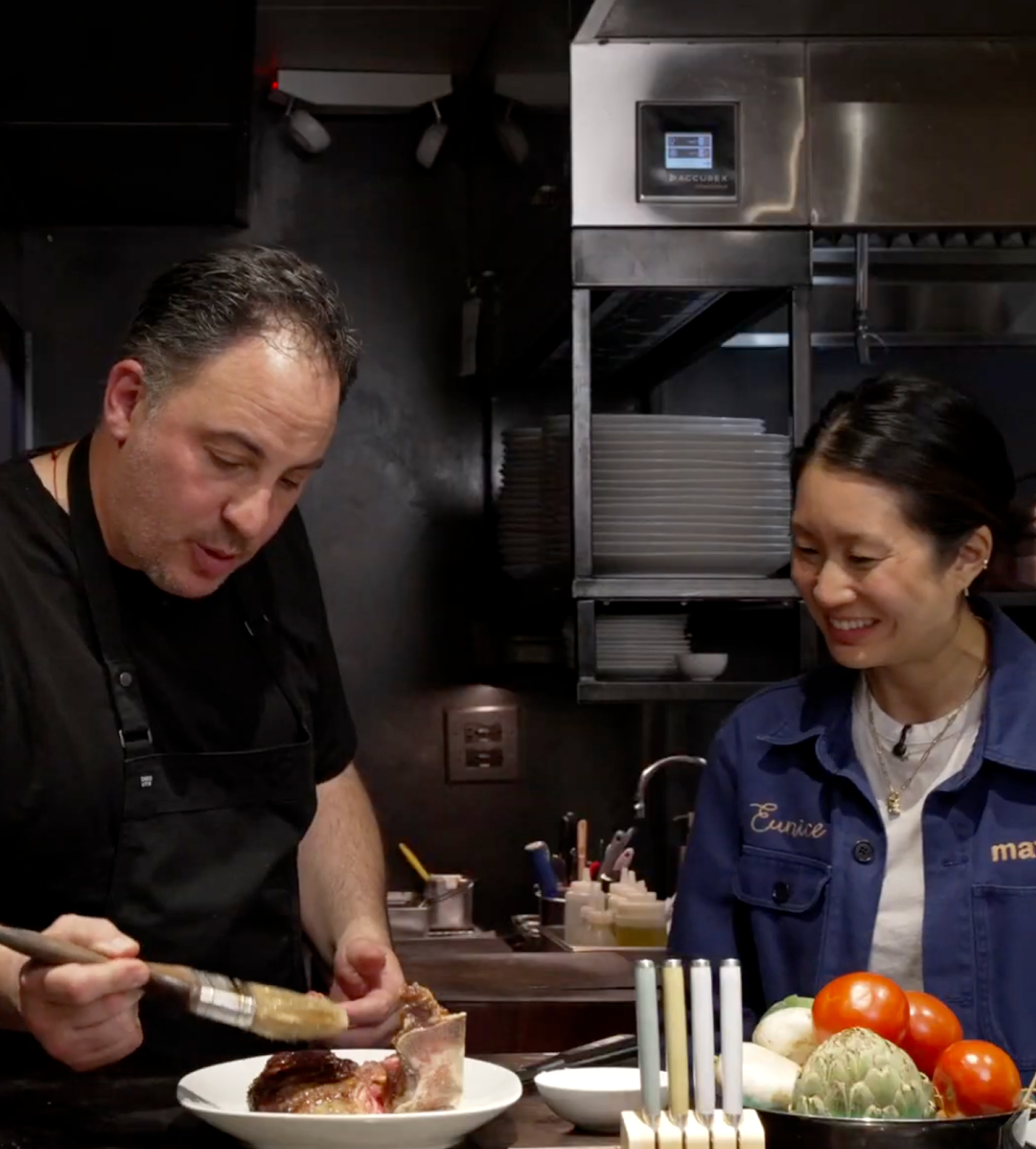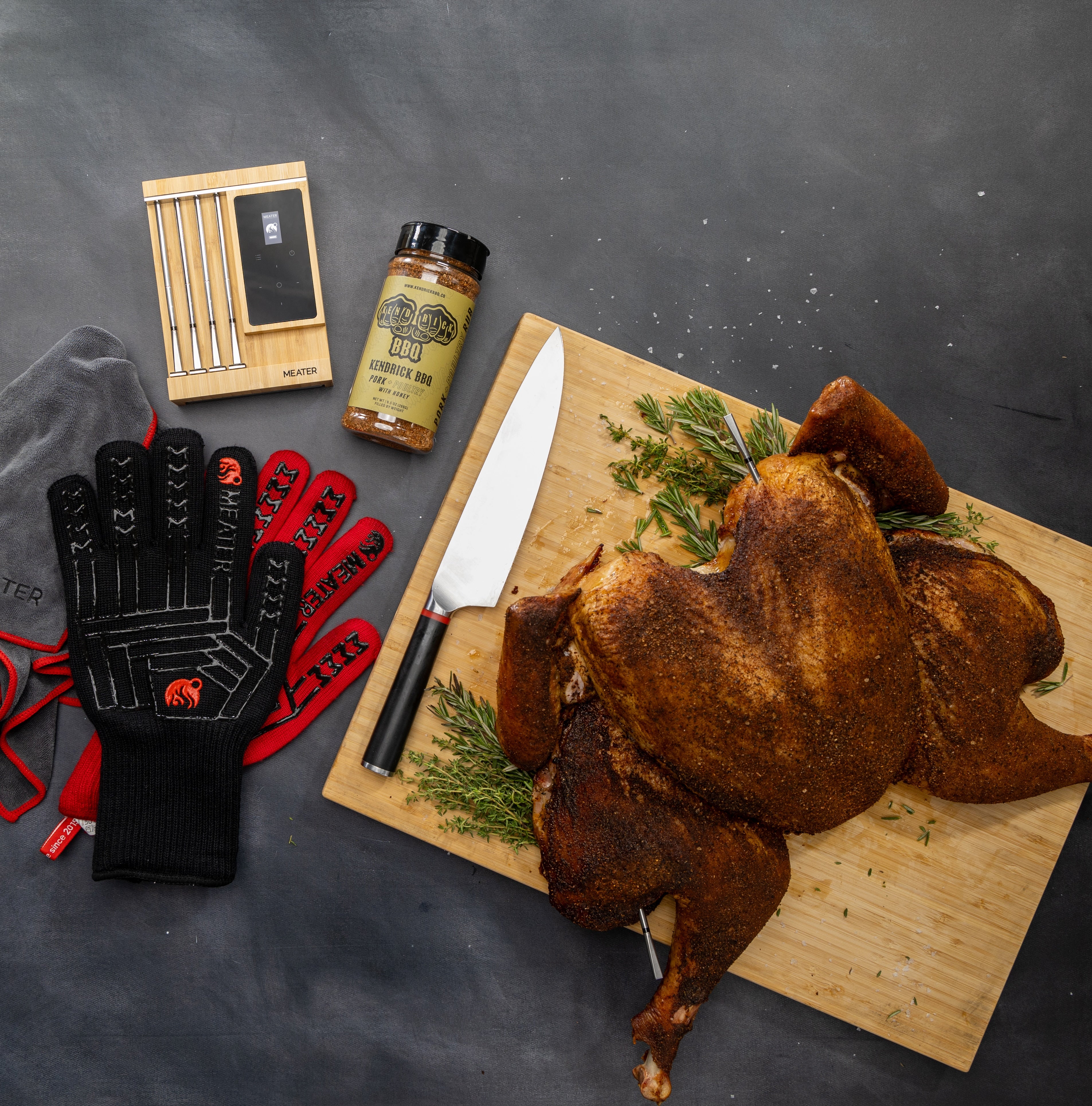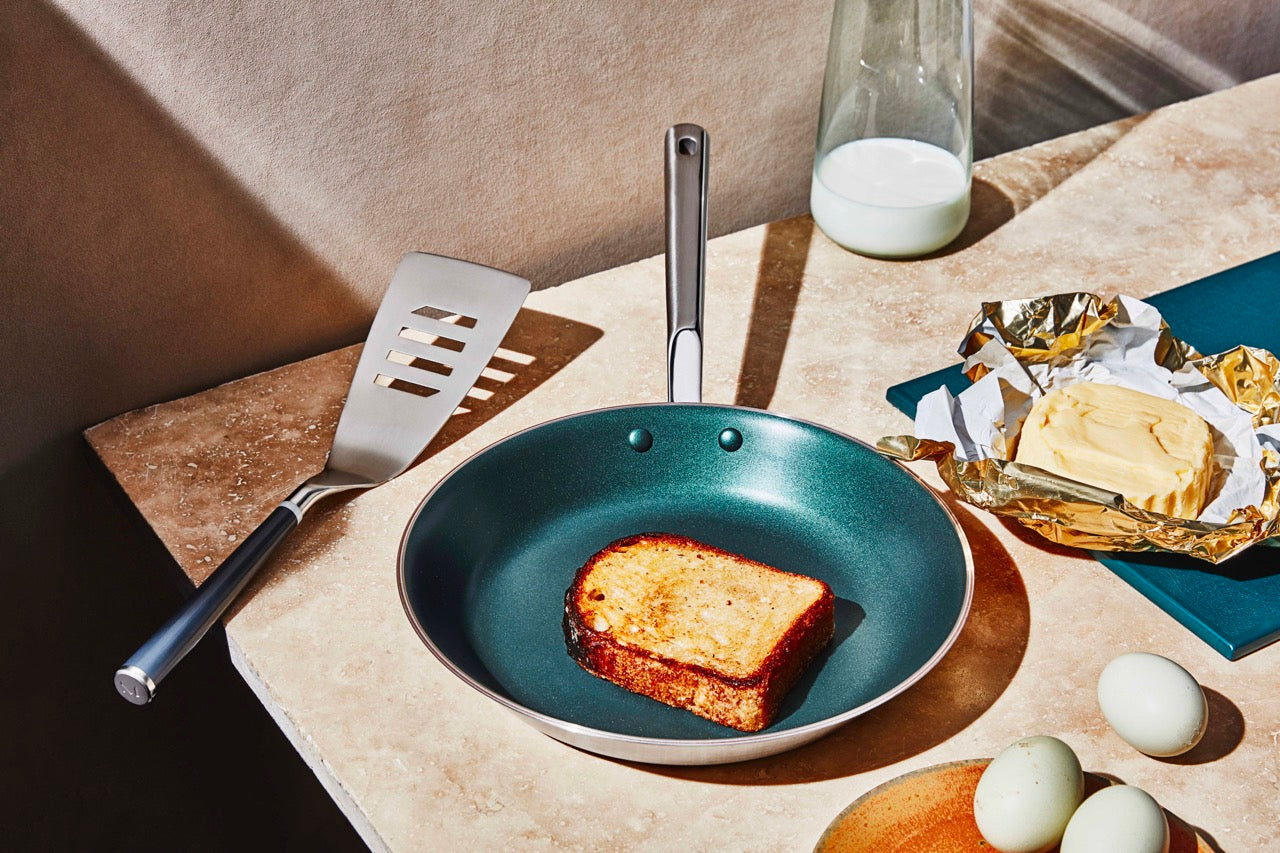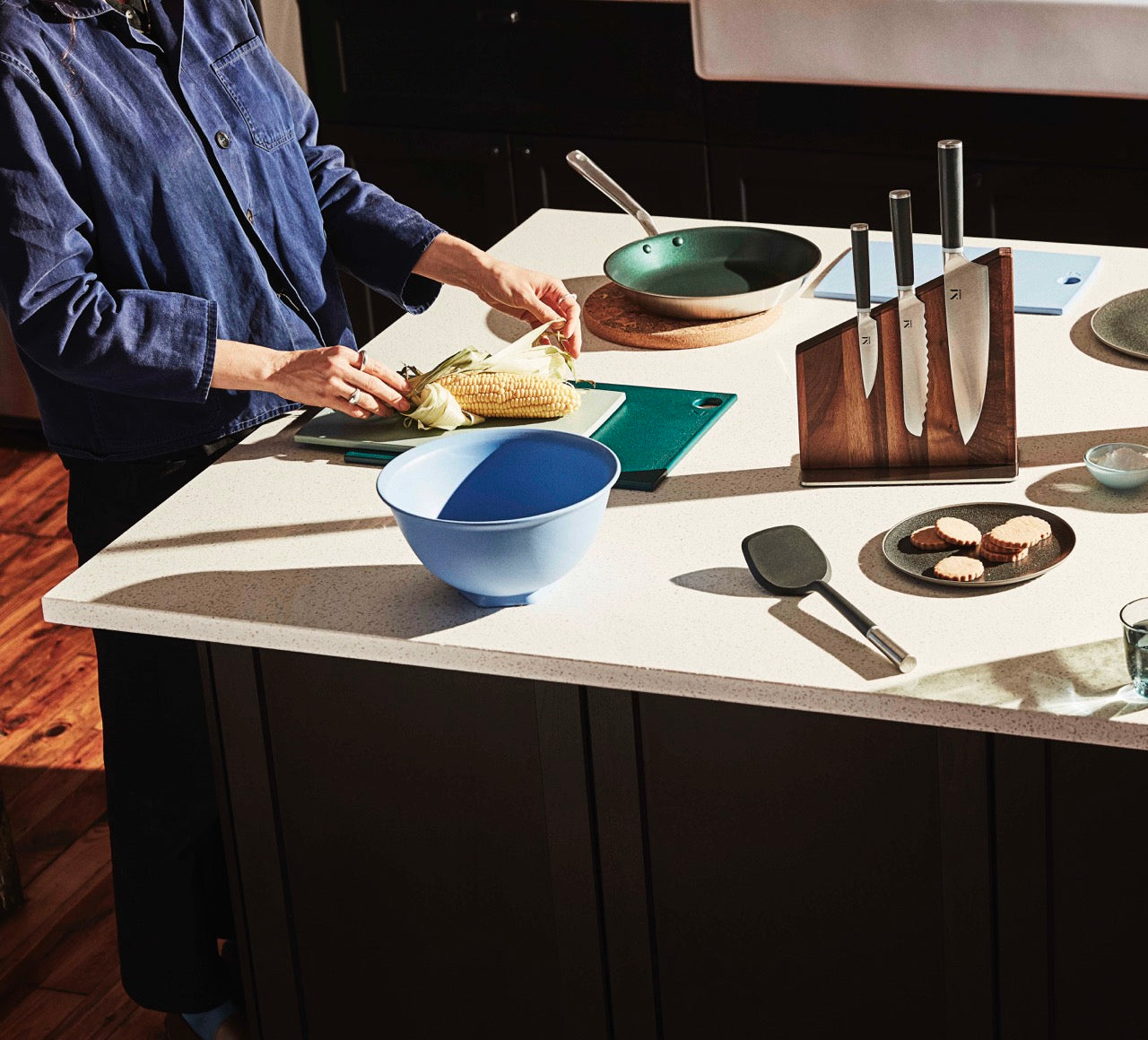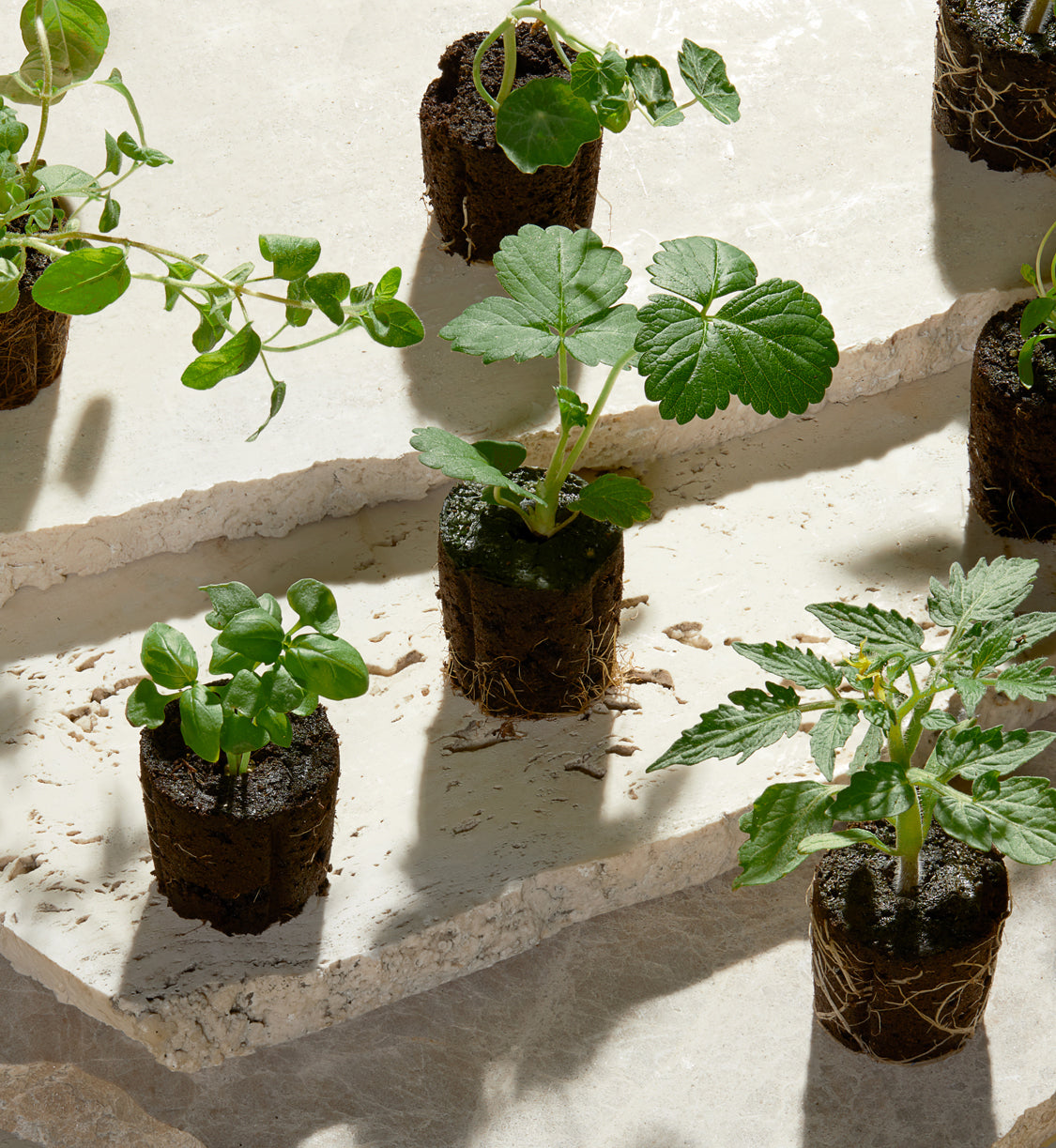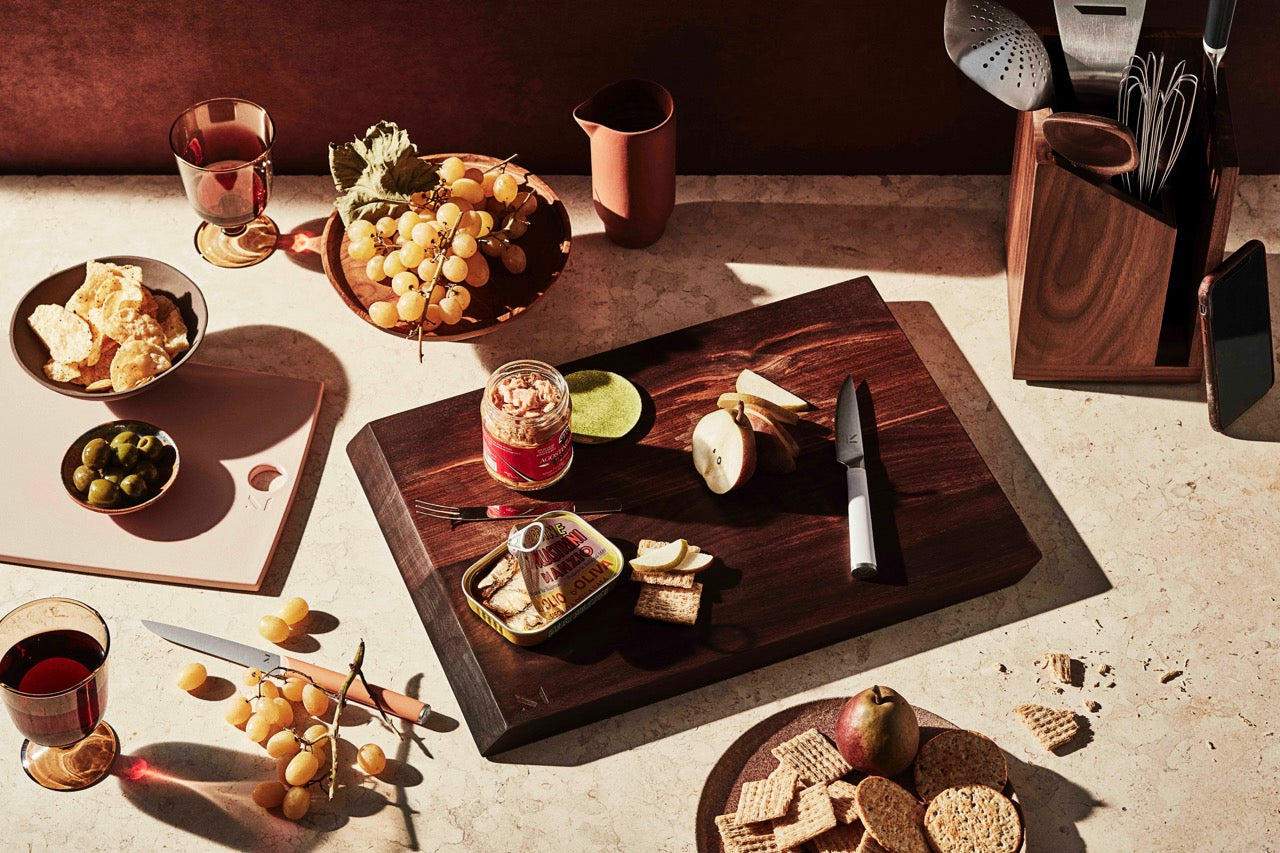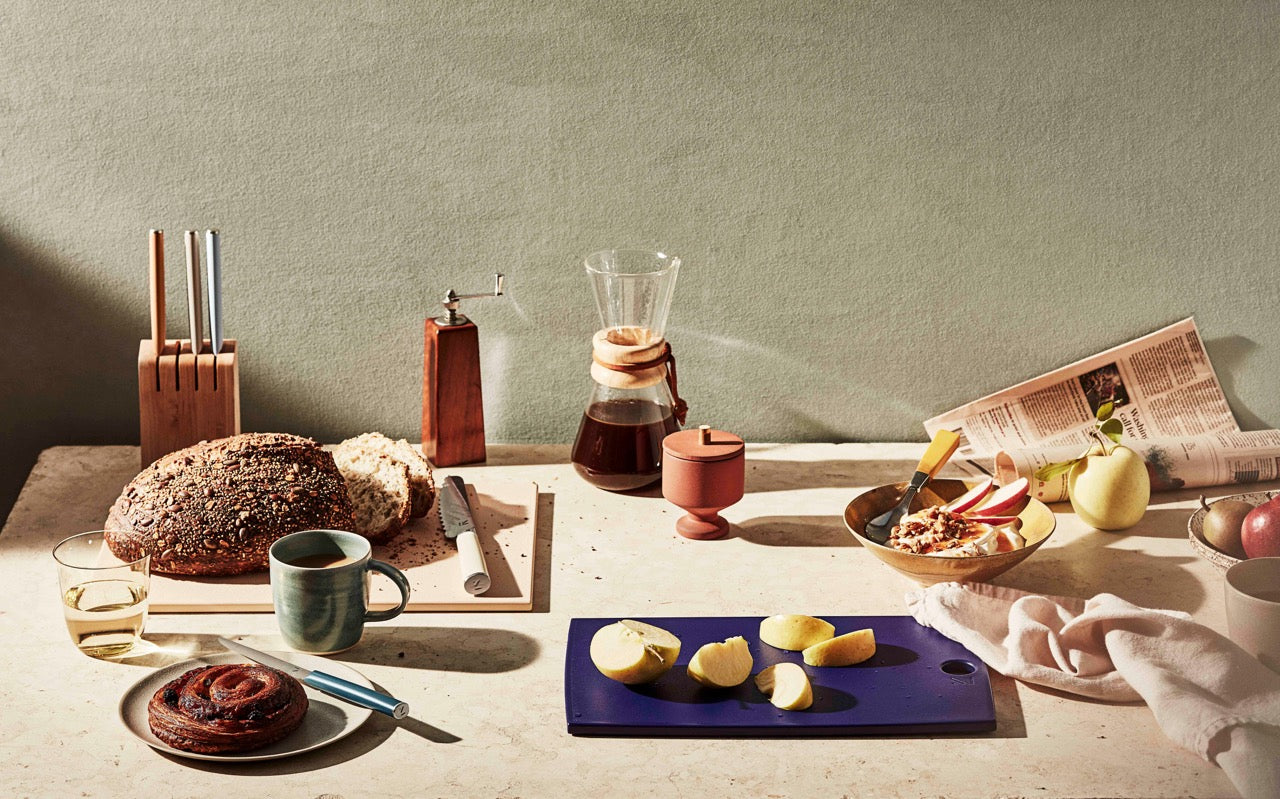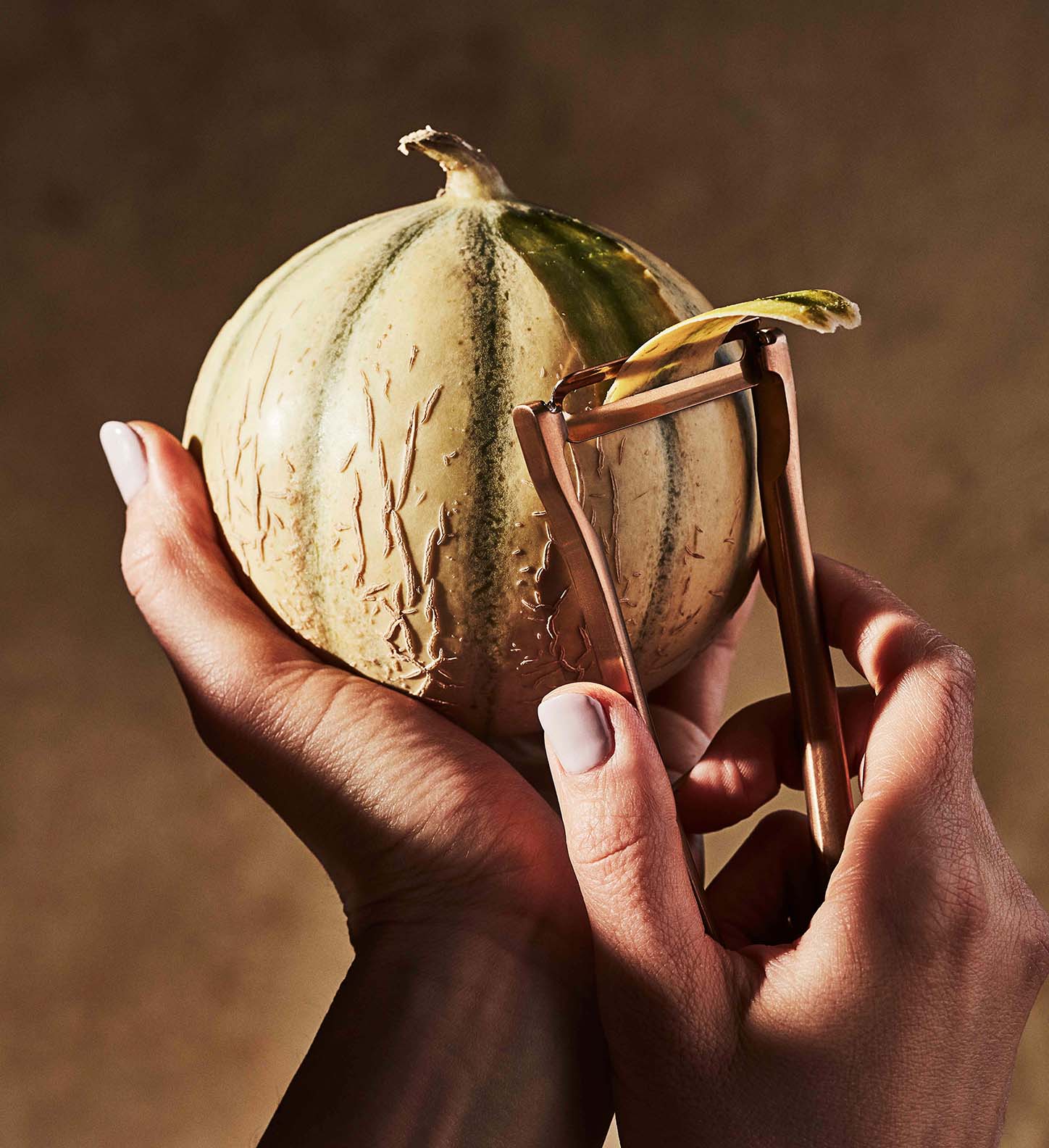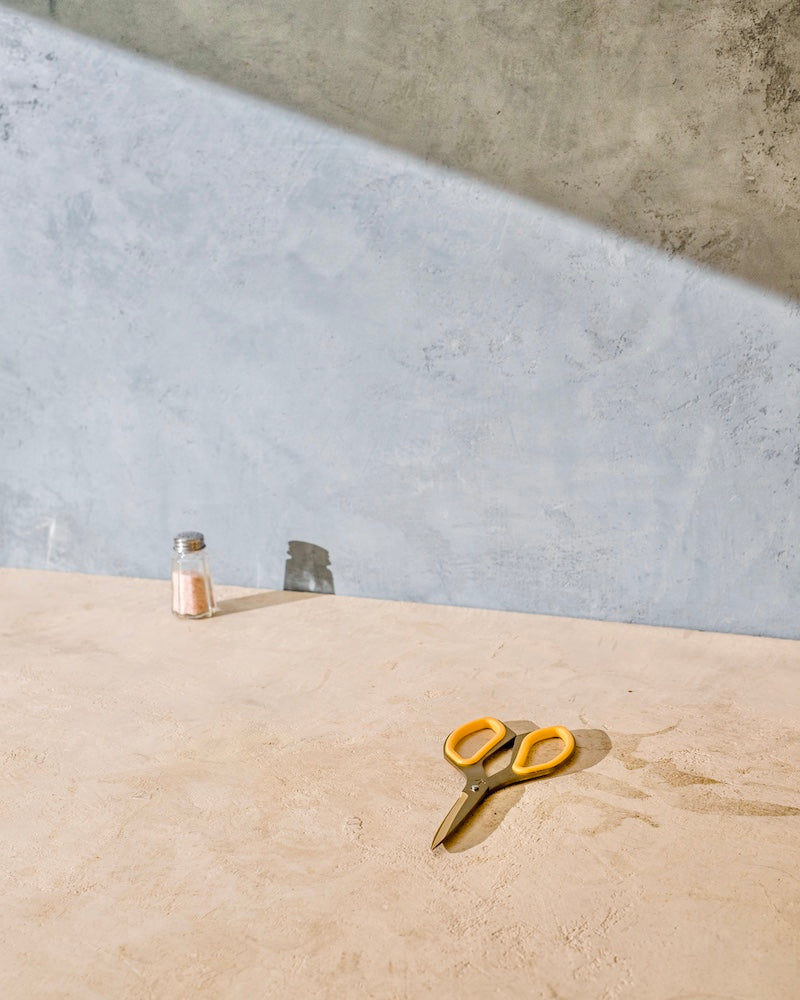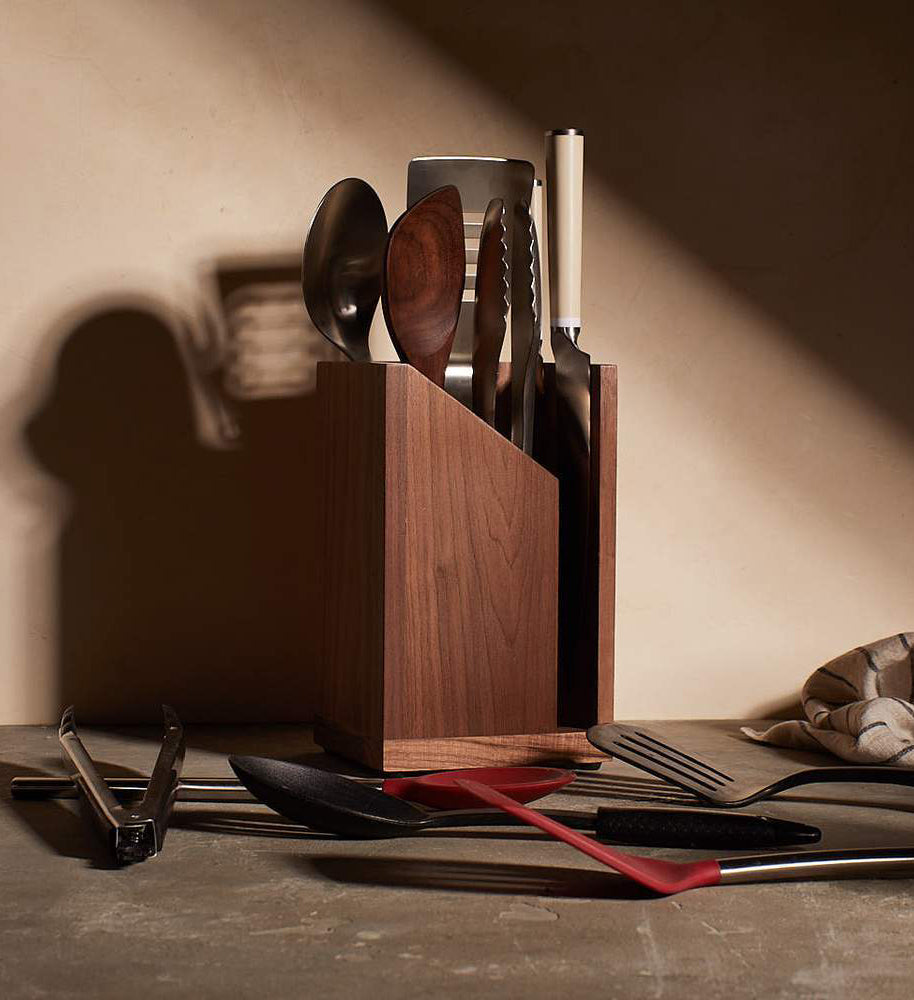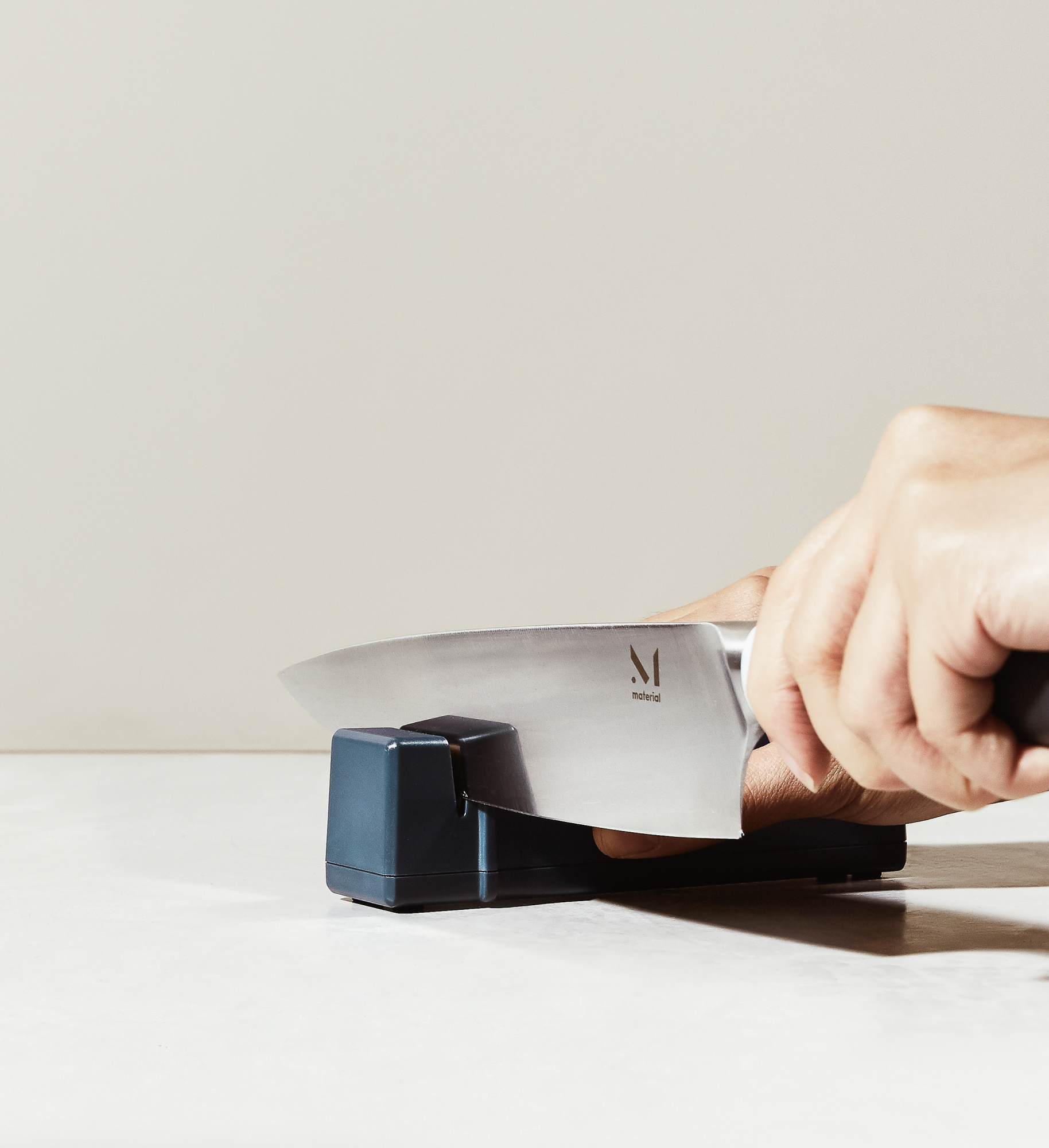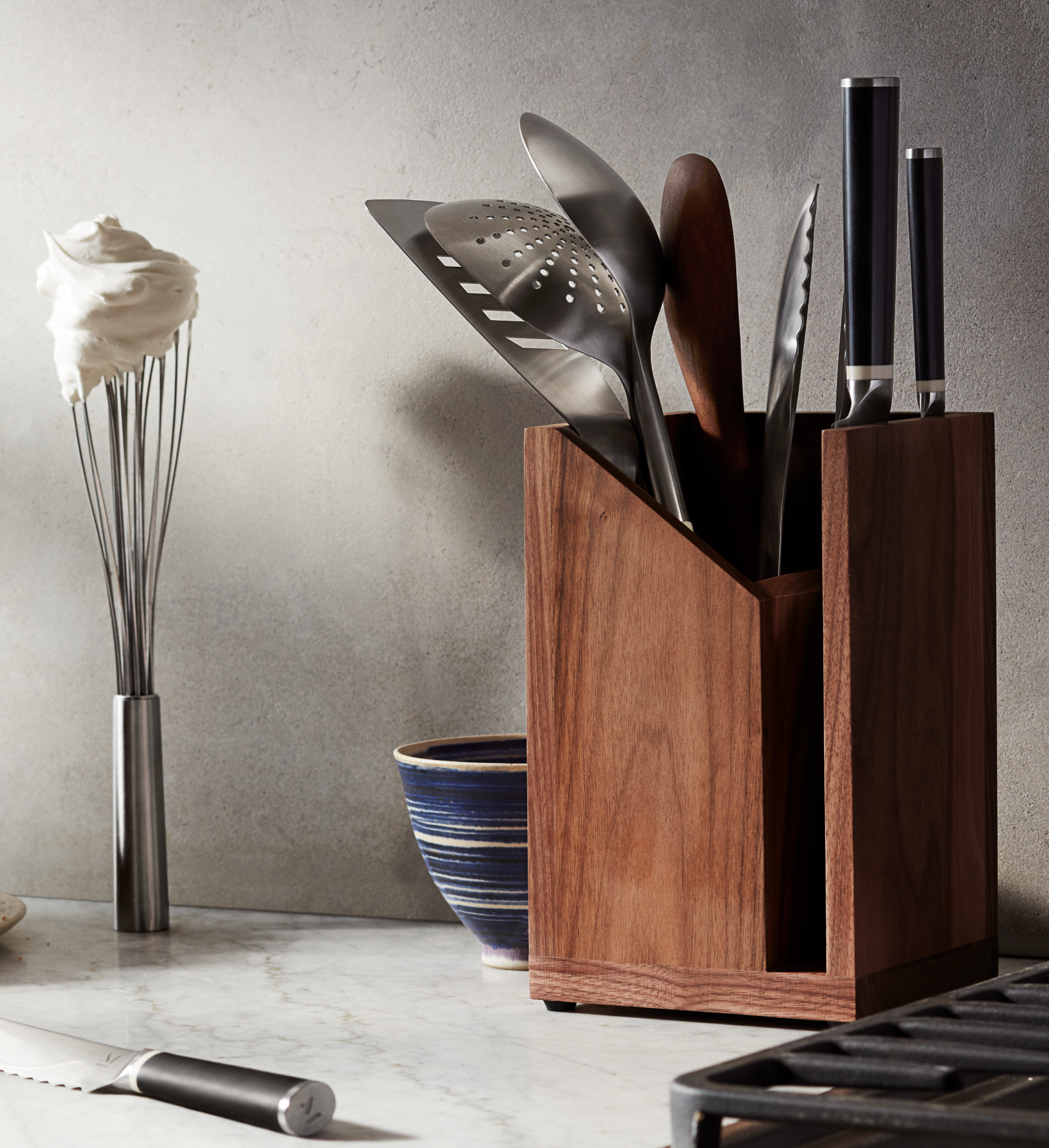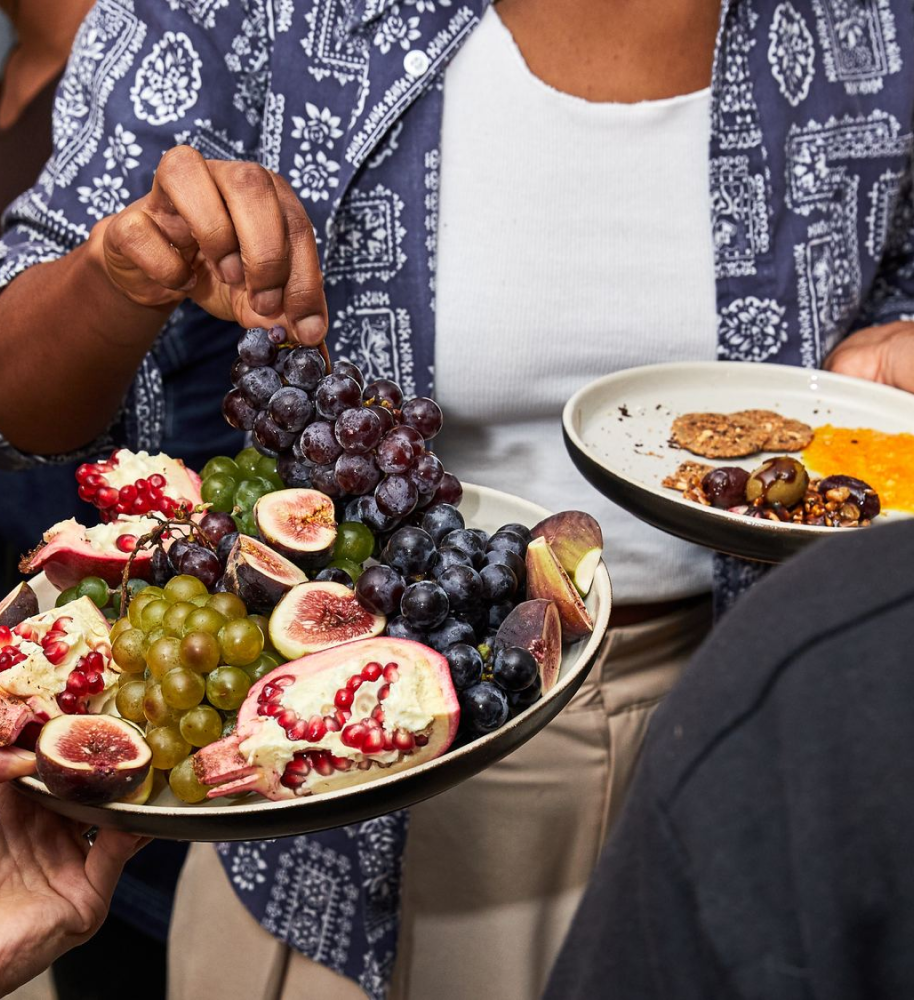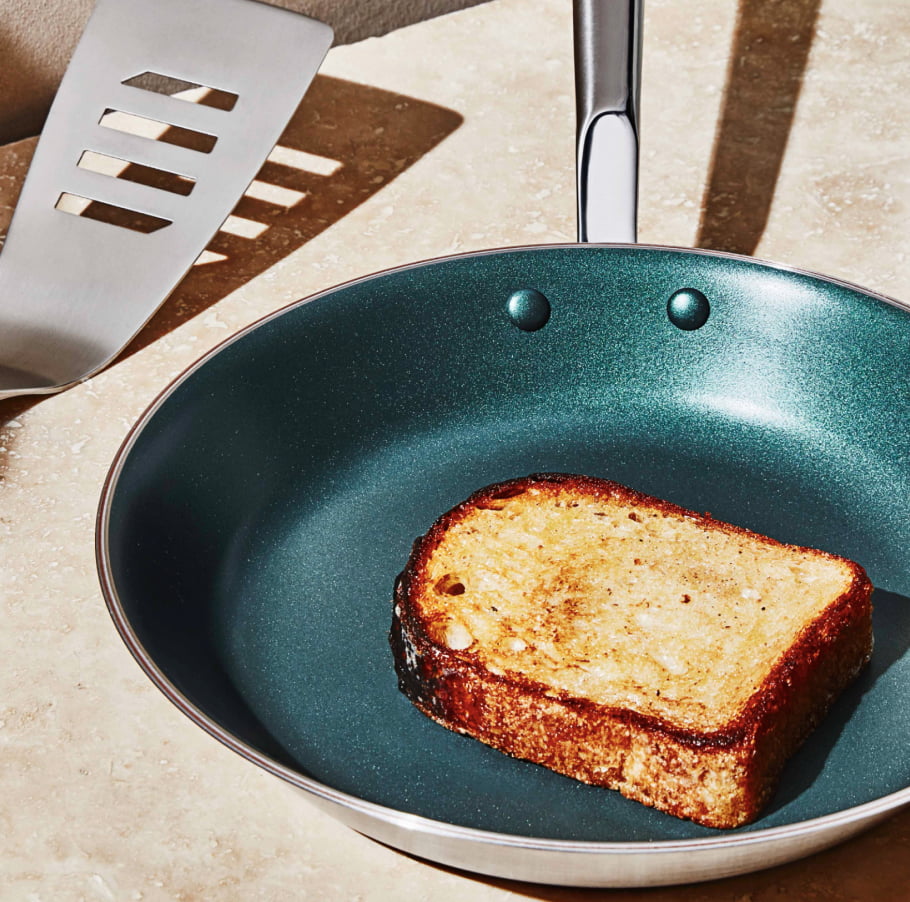In our series, Building Blocks, we go back to the basics, exploring and unpacking the mainstays of the home and kitchen. Today's topic? All about salt, perhaps the single most important ingredient in your kitchen arsenal. Read on to learn more about the different varieties you'll want to have on hand and when to reach for each one (because not all salts are created equal).

Table salt
Also known as iodized salt, this is the fine granulated white salt you'll find in most salt shakers. Table salt tends to have a funky metallic aftertaste so it's usually reserved for last-minute seasoning at the table rather than for salting while cooking. If you're seasoning properly, you probably won't need this salt. That being said, we'll occasionally use table salt for seasoning our pasta water (since the tiny crystals dissolve quickly). Keep in mind though that table salt is about twice as salty as kosher salt—season with caution!
Kosher salt
A kitchen workhorse if there ever was one, kosher salt is probably the most versatile salt in your pantry. The name comes from its historical use in the Jewish process of koshering meat (which involves salting it to draw out moisture before consumption). Coarser than table salt, kosher salt is great for grabbing pinchfuls with your hands for controlled seasoning any time you need to salt during the cooking process. Diamond Crystal and Morton are the usual go-to brands but note that they're not exactly interchangeable—we are (dare we say) partial to Diamond Crystal because it's noticeably less salty and dissolves faster compared to Morton, making it less likely to under- or over-season in our opinion.


Sea salt
Derived from evaporated ocean water, sea salts are minimally processed and contain trace amounts of minerals, meaning that they can vary in texture, color and generally have more complex flavor profiles based on their origin and method of harvest. You might use coarser sea salt crystals for brining your meats, finely ground ones for seasoning while cooking, and the flaky kinds for garnishing dishes, which brings us to…
Finishing salt
As the name would suggest, finishing salts like Maldon are sprinkled over completed dishes to complement, contrast and bring out the flavors of your food. In other words, finishing salts can help take your home-cooked dishes from ordinary to extraordinary. These salt flakes are also generally large, coarse and irregular in shape, which provides a crunchy texture and visual interest to a plated meal. We're big proponents of using a little flaky salt to top off our grilled meats and chocolatey desserts just before serving for a nice bite of texture and burst of flavor.


